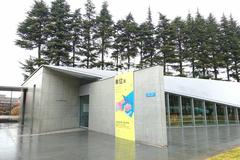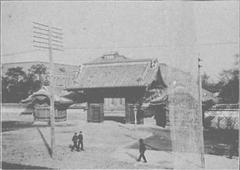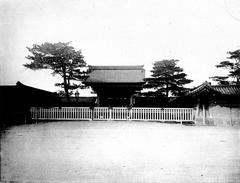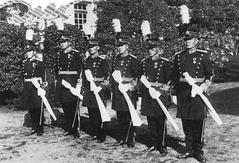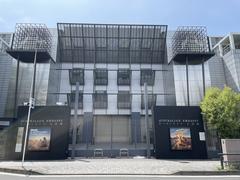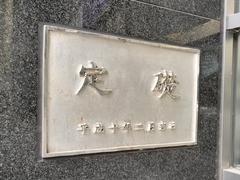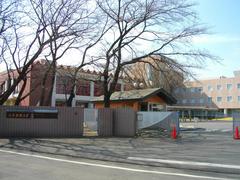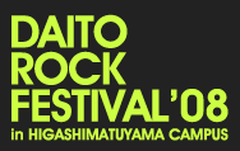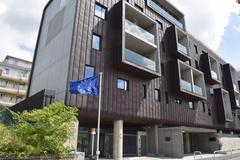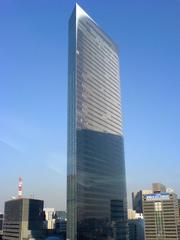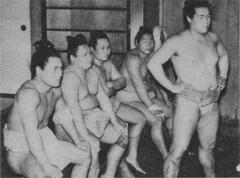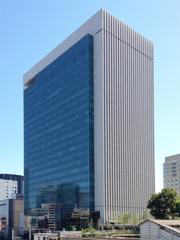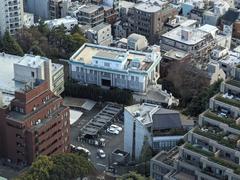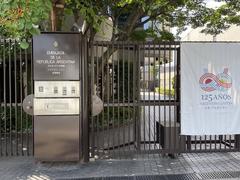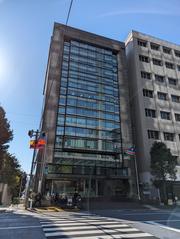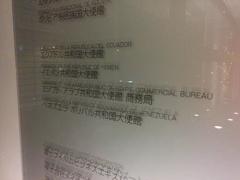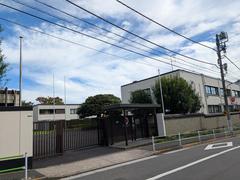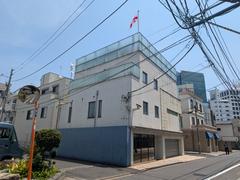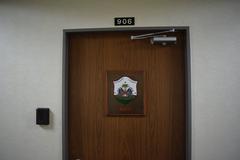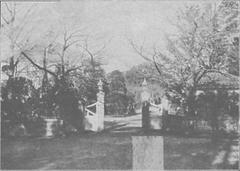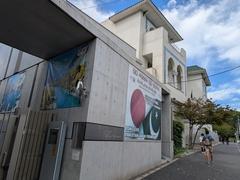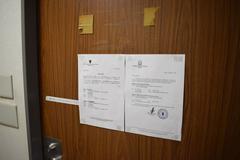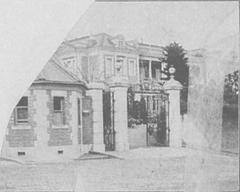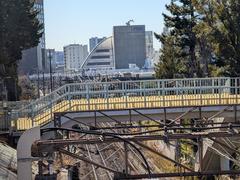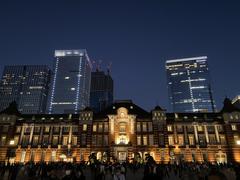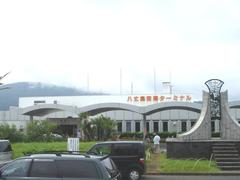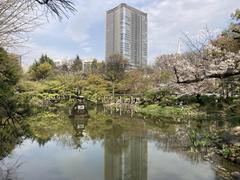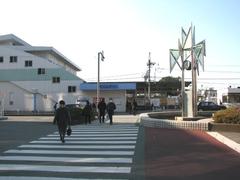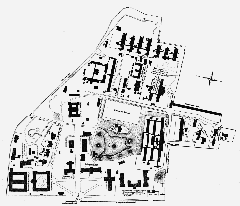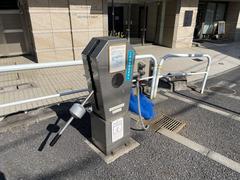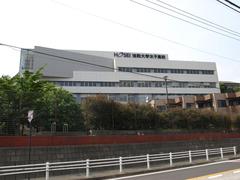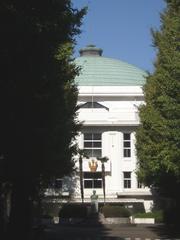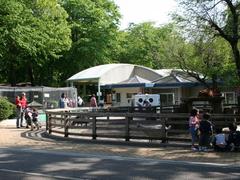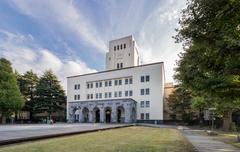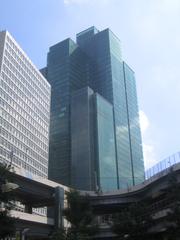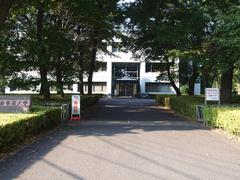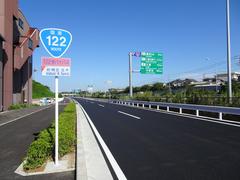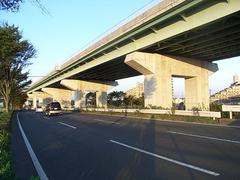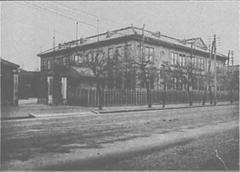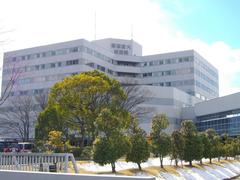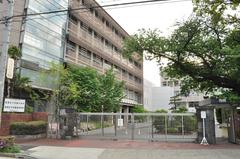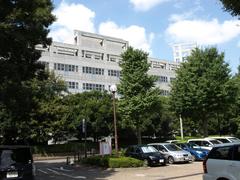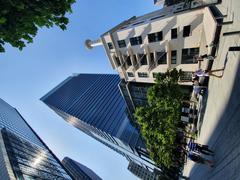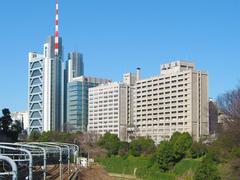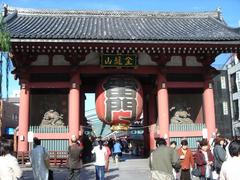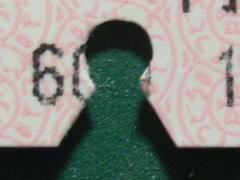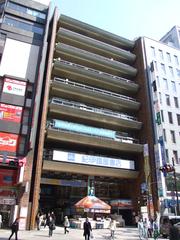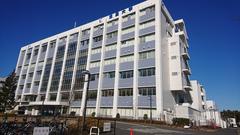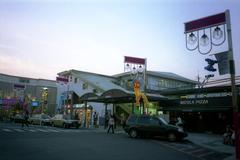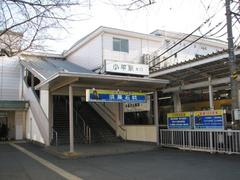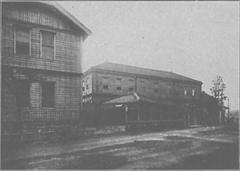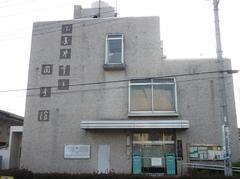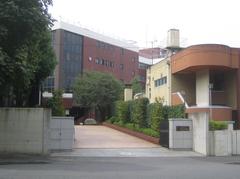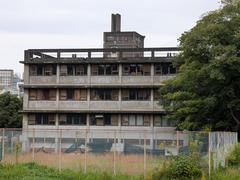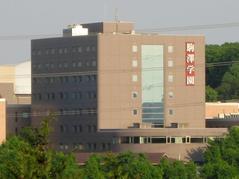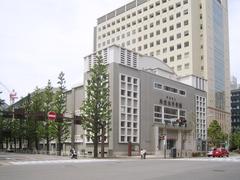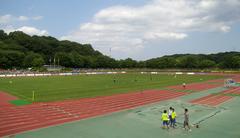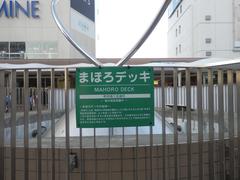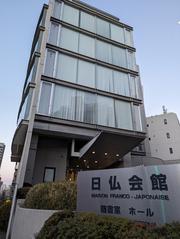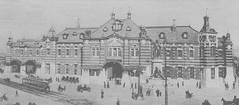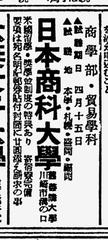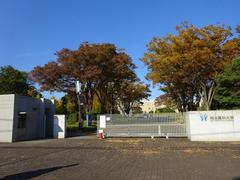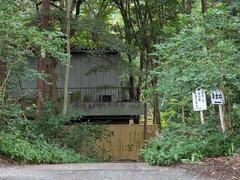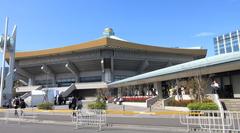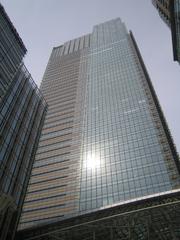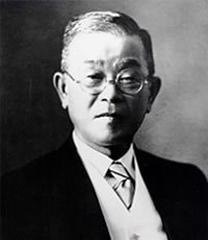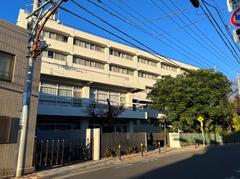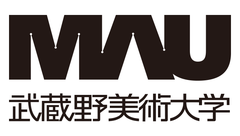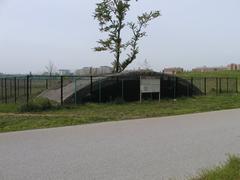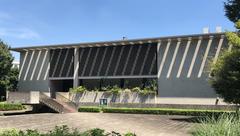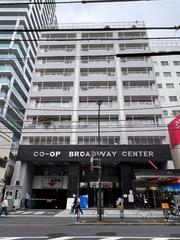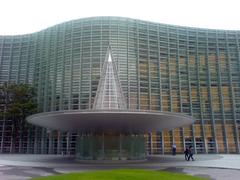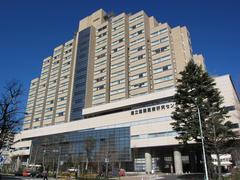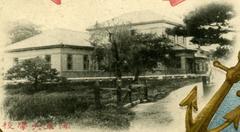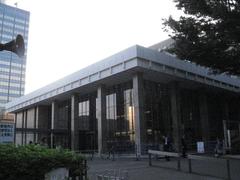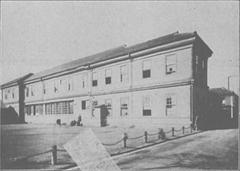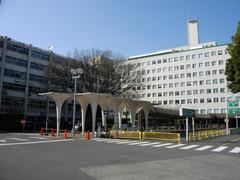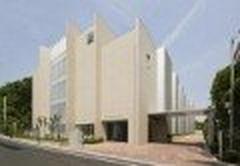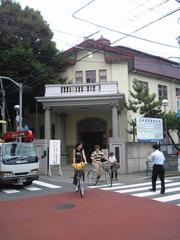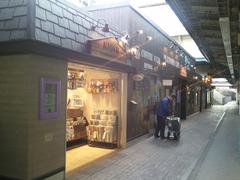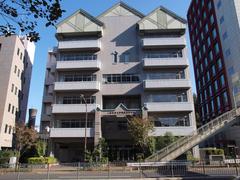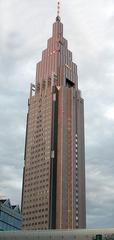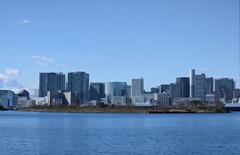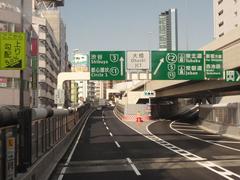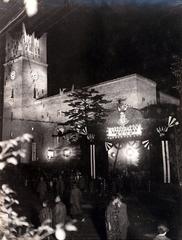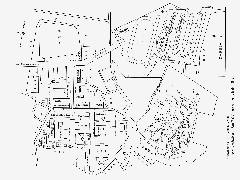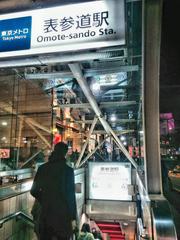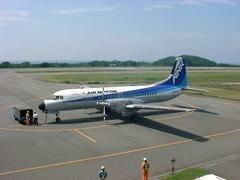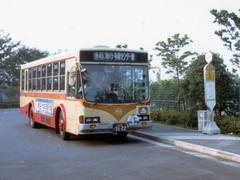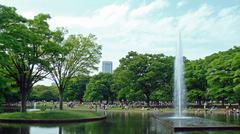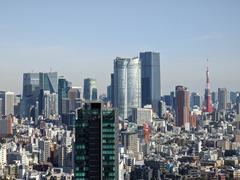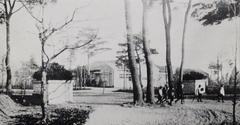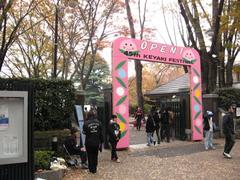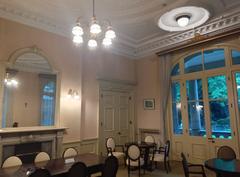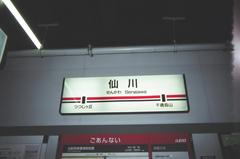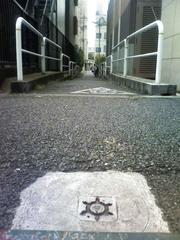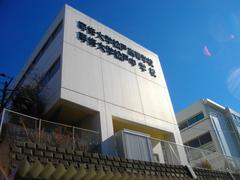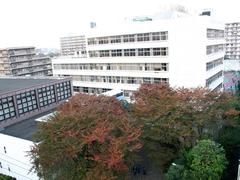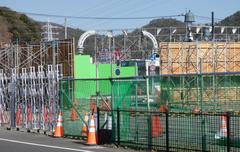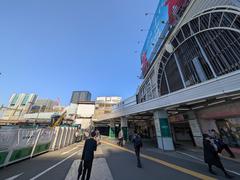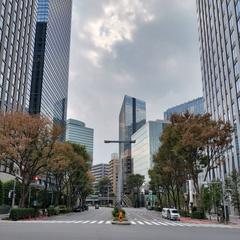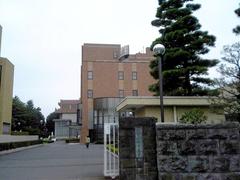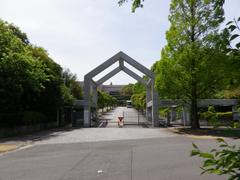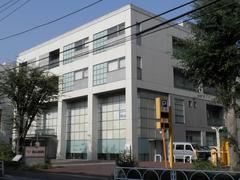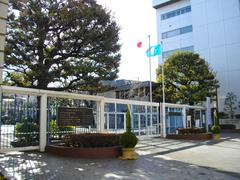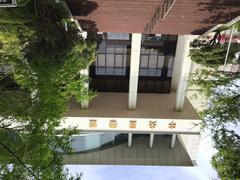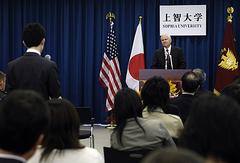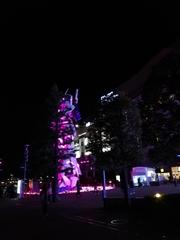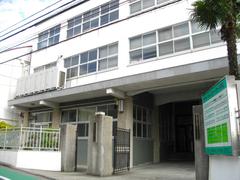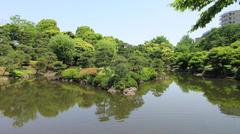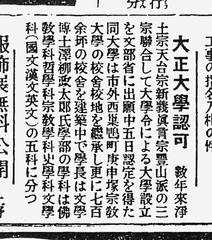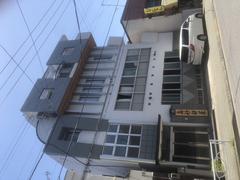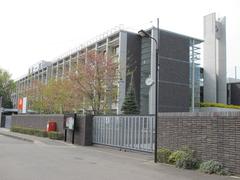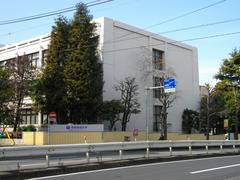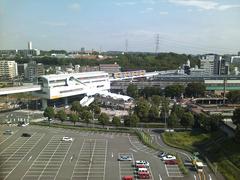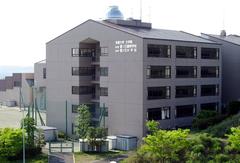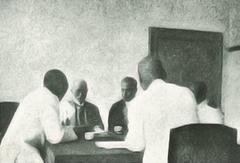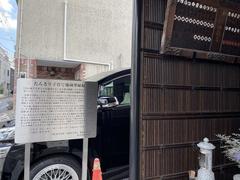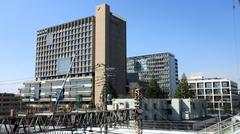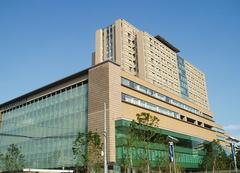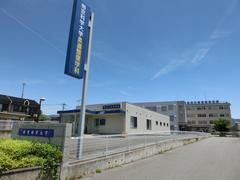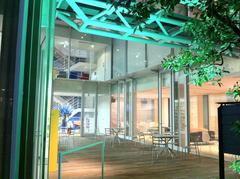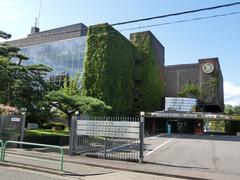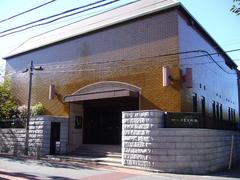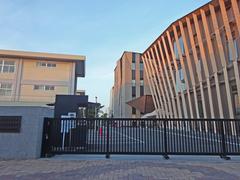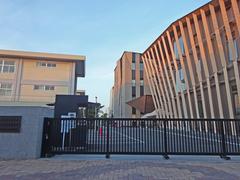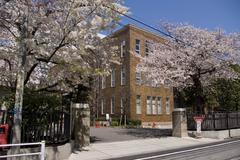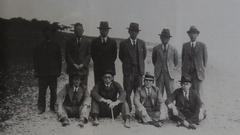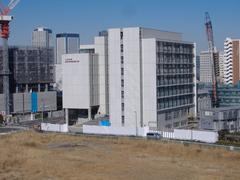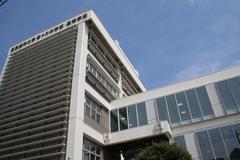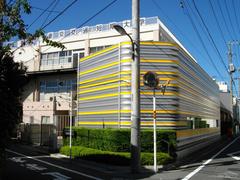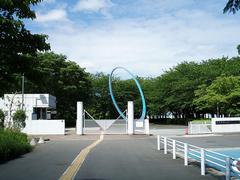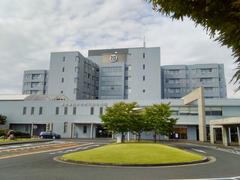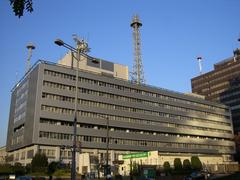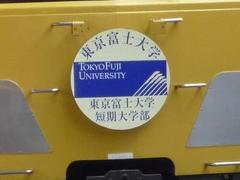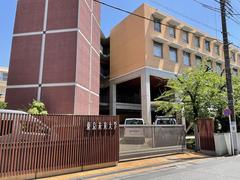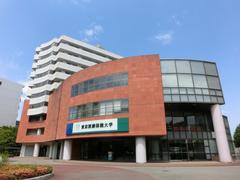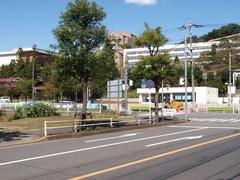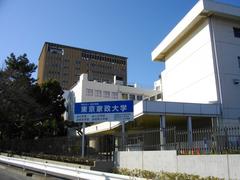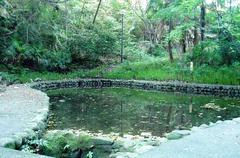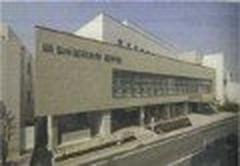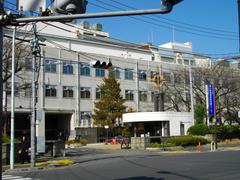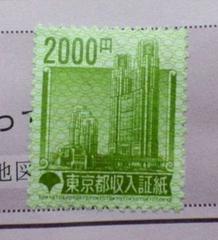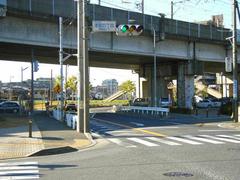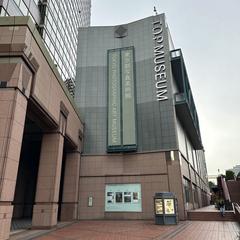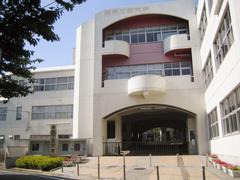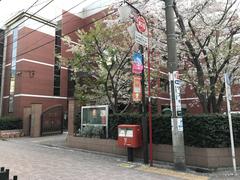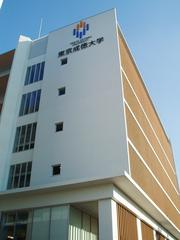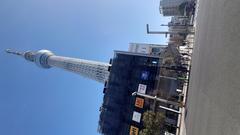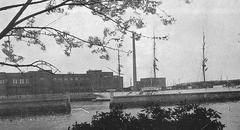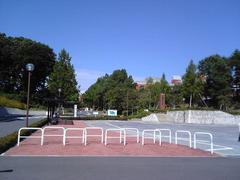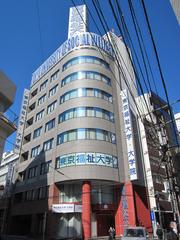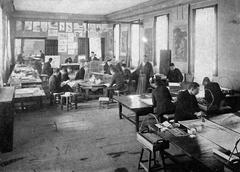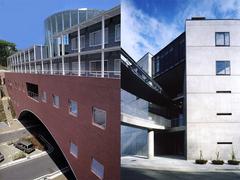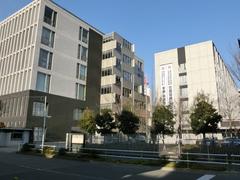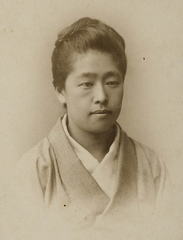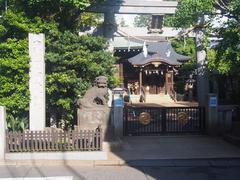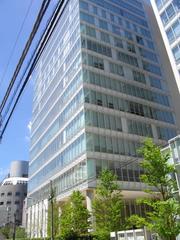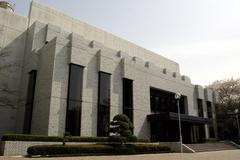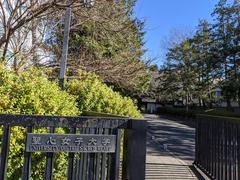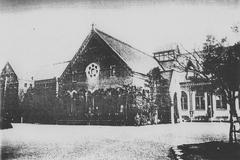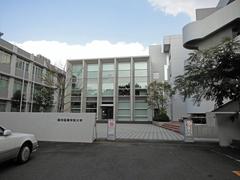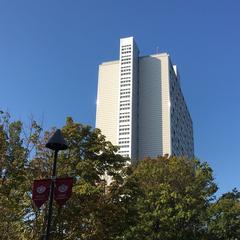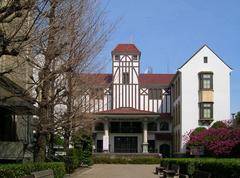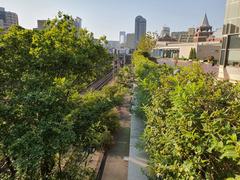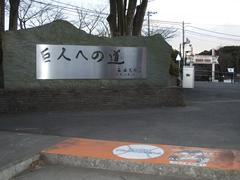
Embassy of Libya in Tokyo: Visiting Hours, Tickets, and Travel Guide
Date: 04/07/2025
Introduction
The Embassy of Libya in Tokyo serves as the principal diplomatic mission representing Libya in Japan, acting as a bridge for political, economic, cultural, and consular relations. Since the formalization of diplomatic ties in 1957, the embassy has played a central role in connecting the two nations. Conveniently located in Tokyo’s Daikanyama district, a vibrant and accessible neighborhood, the embassy provides a range of services to visitors, including visa processing, passport renewals, community support, and the promotion of Libya-Japan cooperation. This guide offers a detailed overview of the embassy’s visiting hours, appointment procedures, accessibility, and protocols, as well as historical and diplomatic context. For the latest official information, always consult the embassy’s website or trusted news sources such as Libyan Embassy Tokyo and Arab News Japan.
Table of Contents
- Overview and Significance of the Libyan Embassy in Tokyo
- Visiting the Libyan Embassy: Hours, Appointments, and Accessibility
- Historical Background and Diplomatic Milestones
- Services Offered by the Libyan Embassy in Tokyo
- Economic and Cultural Relations
- The Embassy’s Role in Bilateral Relations
- Visitor Guide: Hours, Etiquette, and Travel Tips
- Frequently Asked Questions (FAQ)
- Practical Tips for Visitors
- Staying Connected and Updated
- References
Overview and Significance of the Libyan Embassy in Tokyo
Established in 1971, the Libyan Embassy in Tokyo has been instrumental in fostering Libya-Japan relations, supporting Libyan nationals, and advancing cooperation in sectors such as energy and culture. The embassy’s location in Daikanyama, Shibuya, makes it accessible via public transportation and close to amenities including hotels, banks, and restaurants. The embassy also plays a vital role in high-level diplomacy, such as the January 2024 meeting between Japan’s Foreign Minister and Libya’s Vice President of the Presidential Council, emphasizing its ongoing relevance in political stability and development cooperation (Arab News Japan).
Visiting the Libyan Embassy: Hours, Appointments, and Accessibility
Visiting Hours and Appointments
- Open: Monday–Friday, 9:00 AM–5:00 PM (Closed on public holidays and during special events)
- Appointments: Required for all consular services (including visas and passport renewals). Walk-ins are generally not accepted.
- Contact: Book appointments via phone (+81 3-3477-0701) or email (refer to the embassy website for the latest contact details).
Accessibility
The premises are wheelchair accessible, with ramps and elevators available. Visitors with special needs are encouraged to notify the embassy ahead of time to ensure necessary accommodations.
Location and Directions
- Address: 10-14, Daikanyama-cho, Shibuya-ku, Tokyo 150-0034, Japan
- Nearest Station: Daikanyama Station (a short walk from the embassy)
- Transport Options: Easily accessible via train, subway, or bus; taxis and ride-sharing services are also convenient.
Special Services and Events
While the embassy does not offer public tours or ticketed events, it occasionally hosts cultural exchanges and community programs, such as those organized by the Japan-Libya Friendship Association.
Historical Background and Diplomatic Milestones
- 1957: Libya and Japan establish diplomatic relations.
- 1971: Embassy opens in Tokyo.
- 1980s: Embassy rebranded as “People’s Bureau” during the Gaddafi era, reflecting Libya’s political ideology at the time.
- 2011: Embassy’s original name restored after the fall of the Gaddafi regime, marking Libya’s renewed engagement with the international community.
- 2011–Present: The embassy continues to adapt to Libya’s evolving political landscape, supporting stabilization and deeper bilateral cooperation.
Services Offered by the Libyan Embassy in Tokyo
- Consular Services: Visa processing, passport renewals, birth registrations, document legalization, and nationality assistance.
- Community Support: Assistance for Libyan citizens residing in, or traveling to, Japan.
- Diplomatic and Economic Engagement: Promoting business ties, especially in the energy sector, and facilitating dialogue on development aid and reconstruction.
- Cultural Exchange: Supporting initiatives to foster mutual understanding and goodwill between Libyans and Japanese.
For the most current service requirements and application forms, consult the official embassy website.
Economic and Cultural Relations
The embassy has long supported economic collaboration, especially in oil and gas. Japanese companies have participated in Libyan energy projects, and despite challenges posed by instability, efforts to revive trade continue. Cultural exchanges, although modest, are encouraged through friendship associations and embassy-sponsored events.
The Embassy’s Role in Bilateral Relations
Diplomatic Dialogue
The embassy is the main channel for official communications between Libya and Japan, facilitating high-level meetings and consultations. Recent interactions, such as the 2024 meeting between top officials, have focused on political stability, national reconciliation, and the resumption of policy consultations (Arab News Japan).
Economic and Development Cooperation
Japan has contributed stabilization and development aid to Libya, totaling about $72 million since 2010, focusing on governance, electoral support, and humanitarian assistance. The embassy ensures Libyan interests are represented in these discussions and promotes opportunities for Japanese businesses in Libya (Arab News Japan).
Consular Support
The embassy provides a full range of consular services to Libyan nationals and foreign visitors, including passport services, registration of vital events (births, marriages), and visa issuance (Libyan Embassy Tokyo).
Crisis Management and Security Cooperation
The embassy is a key resource for crisis management, issuing travel advisories and offering support during emergencies. It works with Japanese authorities to coordinate security and protect citizens (Traveler Bibles).
Cultural and Public Diplomacy
Through its website, public events, and outreach, the embassy educates about Libyan history and culture, while also countering misinformation and providing accurate updates (Libyan Embassy Tokyo).
Diplomatic Missions
The embassy is engaged in ongoing efforts to facilitate the reopening of the Japanese Embassy in Libya, which remains closed for security reasons. This is an important step for strengthening bilateral engagement (Arab News Japan).
Visitor Guide: Hours, Etiquette, and Travel Tips
Visiting Hours and Location
- Address: 10-14, Daikanyama-cho, Shibuya-ku, Tokyo 150-0034, Japan
- Hours: Monday–Friday, 9:00 AM–5:00 PM (check for updates before visiting)
- Appointments: Required for consular services.
Entry Tickets and Fees
No entry fee is charged for visiting the embassy. Fees apply only to specific consular services (e.g., visa applications, document authentication). For current rates, refer to the embassy’s website.
Travel and Accessibility
- Public Transportation: Easily accessible via Daikanyama Station and other nearby train lines.
- Accessibility: Facilities are wheelchair-friendly. Contact the embassy for specific accessibility needs.
Cultural Etiquette
- Dress Code: Business or smart casual attire is recommended. Modest clothing is appreciated in line with Libyan and Islamic customs.
- Behavior: Greet staff politely, follow security protocols, avoid photography unless permitted, and respect restricted areas.
- Communication: English is commonly used; Arabic and Japanese may also be spoken. Address staff formally.
Security and Privacy
Expect security screening. Weapons, sharp objects, and large bags are not permitted. Do not record conversations or take unauthorized photos inside the embassy.
Nearby Attractions
While visiting, consider exploring Daikanyama’s cafes, boutiques, and parks, or nearby areas in Shibuya for a wider cultural experience.
Frequently Asked Questions (FAQ)
Q: What are the embassy’s visiting hours?
A: Monday–Friday, 9:00 AM–5:00 PM. Closed on public holidays.
Q: Do I need an appointment?
A: Yes, appointments are required for all consular services.
Q: What documents do I need for a visa?
A: A valid passport, completed application form, and supporting documents (such as a Letter of Invitation) are typically required. Check the embassy website for specifics (Libya Visa Policy).
Q: Is the embassy accessible for disabled visitors?
A: Yes, the embassy is wheelchair accessible.
Q: Is public transportation available?
A: Yes, use Daikanyama Station or nearby lines for easy access.
Practical Tips for Visitors
- Schedule appointments in advance.
- Bring valid ID and required documents.
- Check the embassy website for real-time updates.
- Use public transport due to limited parking.
- Respect cultural and security protocols at all times.
Staying Connected and Updated
For up-to-date information, visit the Libyan Embassy Tokyo official website or follow their social media accounts. Download the Audiala app for embassy updates and travel advisories.
References
- Libyan Embassy Tokyo: Visiting Hours, History, and Diplomatic Services, 2025
- Libyan Embassy Tokyo: Diplomatic Role, Visa Information, Visiting Hours, and Bilateral Relations, 2025, Arab News Japan
- Libya Visa Policy, 2025, Libya Adventures
- Cultural Etiquette in Japan, 2025, Visit to Japan
- Respectful Conduct in Tokyo
By following this guide, visitors can approach the Embassy of Libya in Tokyo with confidence, equipped with essential knowledge of its services, etiquette, and role in Libya-Japan relations. For detailed, real-time information, always refer to the embassy’s official resources.


